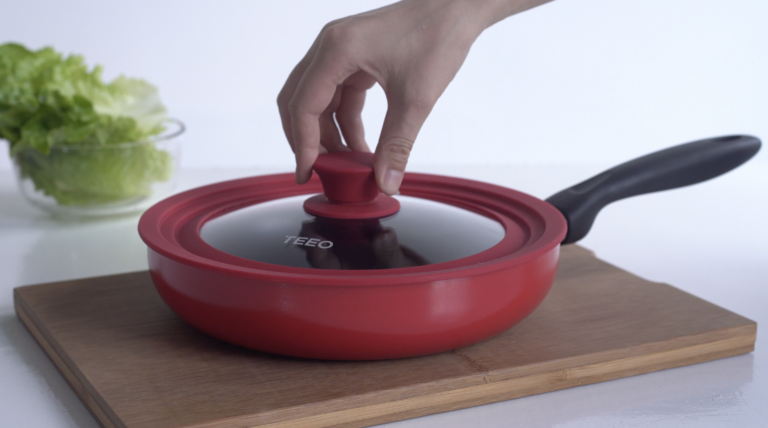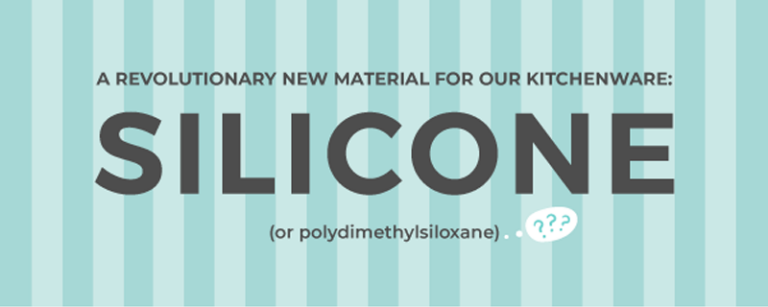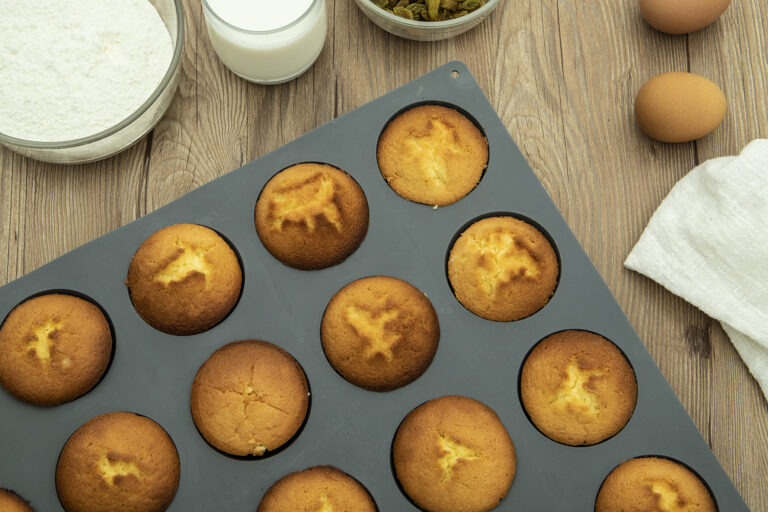Stain Removal and Rust Prevention in Metal Bakeware
A little bit of rust on your baking pan or muffin sheet does not just look unappealing; continuously using these pans and sheets may not be suitable for your health.
It is rare for rusted pans to lead to allergies or minor side effects, but it happens. To avoid these adverse reactions, it is recommended that you avoid using rusted pans in the first place. Rust is not suitable for cookware; the faster they get rusty, the less durable they will be.
Tips
To prevent rust from stainless steel bakeware, please use the following valuable tips:
- Ensure the pans are completely dry before storing them to ensure no moisture remains. Proper drying and not storing the pans with moisture are the best ways to prevent rusting.
- Ideally, store baking pans and sheets in a cool, dry, and dark place, as the heat and humidity can encourage the buildup of rust.
- It is best to apply a coating of rust-proof primer to the metal baking pans if used occasionally. This will add a protective layer to the pans to reduce the chances of rust.
Typically, rust occurs when the pans continuously come in contact with water and if the dampened pans are stored without thoroughly being dried off. The rust spreads rapidly and can cause severe damage to your pots and pans if not treated accordingly.
If you notice signs of rust on your pots, treat them with a small amount of cast iron rust remover solution. Pour the solution on a clean paper towel and apply it over all the affected areas of your baking pans.
Let the rust remover sit for about 15 minutes to dissolve most of the rust, but be sure to follow the directions mentioned on the label. Wipe the rust remover with a clean paper towel and rinse the pan.
We recommend always wearing gloves when using a primer or other cleaning agents to avoid damaging your skin.
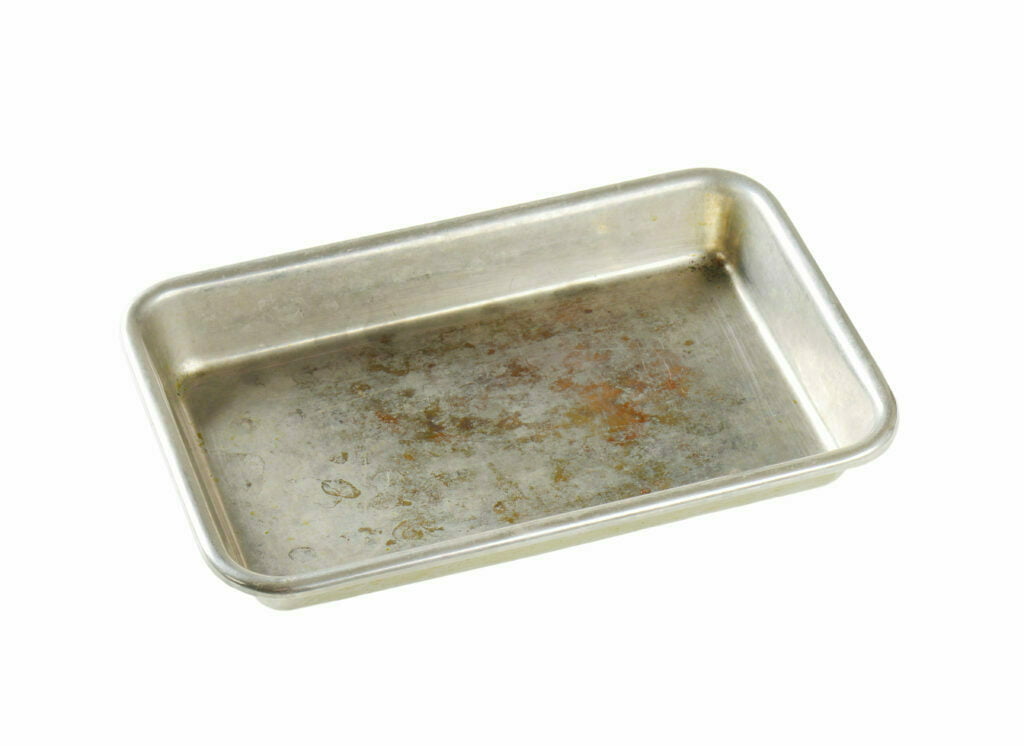
Why do my baking pans rust?
Pots and pans are often made of metal, leaving them susceptible to rust with prolonged exposure to moisture. Rust stains can be easily cleaned off most metal surfaces, especially cast iron. Once the rust is removed, be extra careful when using your cookware to ensure it doesn’t get rusty again.
How to remove rust from the baking pan?
If your baking pans are already suffering from rust, don’t worry because there are ways to restore them. There are plenty of ways to eliminate rust from the pans, but the most preferred techniques are the ones without harsh chemicals. Here are some rust remover home remedy:
Lemon
Citric acid is the best way to remove rust from kitchenware, such as frying pans and baking sheets.
Method 1
Place lemons at the bottom of the baking pan. Slice them into small pieces and add a pinch of salt. Leave it overnight. Wash it with a regular dishwasher.
Oil and citrus acid will not only remove the rust from the pan but will also add shine.
Method 2
To clean a rusty baking pan, sprinkle powdered citric acid over the affected areas. Leave it for 15 minutes to 2 hours. Scrub off the citric acid with water and rinse the pan.
After washing the pan, add toothpaste to the pan to make it shiny and add an extra layer of protection.
Baking Soda
Begin by rinsing the baking pan with cold water. Sprinkle baking soda on the rusty parts, leaving it for one hour or more. Use a metal brush or steel wool to scrub the baking pan. Ensure that the pan can withstand abrasive cleaning tools before you do this step. You can do this by testing a small baking pan area to ensure it won’t experience further damage due to scrubbing. Rinse off with cold water.
This remedy is suitable for baking pans with a light layer of rust.
Vinegar
Vinegar is an effective natural cleaning agent with household uses, such as removing tough rust and adding shine to pans. Vinegar is one of the most preferred remedies as rust inhibitor. Though vinegar bath is a slower drying method, it is still recommended for those with limited experience. Keep in mind, however, that the vinegar bath will not be able to remove all rust from the baking pan. The good news is that vinegar alone gets most of it off, meaning you don’t have to spend time and effort scrubbing it off.
Add distilled white vinegar to a large pan. Boil it. Soak the affected baking pans in the mixture for a day. It will take time, but this acidic agent will gently loosen up the stubborn rust clinging to the baking pan.
This method also removes any other tarnished spots and stains from the baking pans. Even baking pans can be a victim of rust, stains, and general wear and tear. As corrosion protection on your baking utensils, it is essential to clean them properly to reduce the chances of damage.
What is the bottom line of the health consequences of ingesting rust?
Tetanus is a potentially fatal infection of the nervous system. Still, it is caused not by rust itself but by bacteria. The bacteria are often found in soil and animal faeces, according to the NIH-and it just so happens that the items we typically associate with tetanus (say, rusty nails) are usually found outside where they’ve been mingling with the bacteria. This rule is vital for anyone who may be new to kitchen tools. If your bakeware has been exposed to those particular elements and you’re not up to date on your tetanus vaccinations, it’s better to replace the rusty item outright.
If your rusty cast iron cookware happens to be made of cast iron, most culinary authorities say it’s completely salvageable. In fact, with a few simple tools and a little elbow grease, there are plenty of ways to thoroughly clean and remove corrosion from cast iron.
Experts at the University of Illinois at Urbana-Champaign agree that a bit of corrosion on cookware will not likely harm you. (Even rust in drinking water is not considered a health hazard.) “At the end of the day,” James H. Woods, PhD, toxicologist of University of Washington, states, “it may be best to play it safe–at least, that is the opinion of toxicologist James H. Woods, PhD, of the department of environmental and occupational health sciences at University of Washington.”
“I am not aware of any studies showing any significant health issues associated with eating food prepared in corrosion in cookware, but why to take the risk?” he says. “I’d recommend buying new cookware.
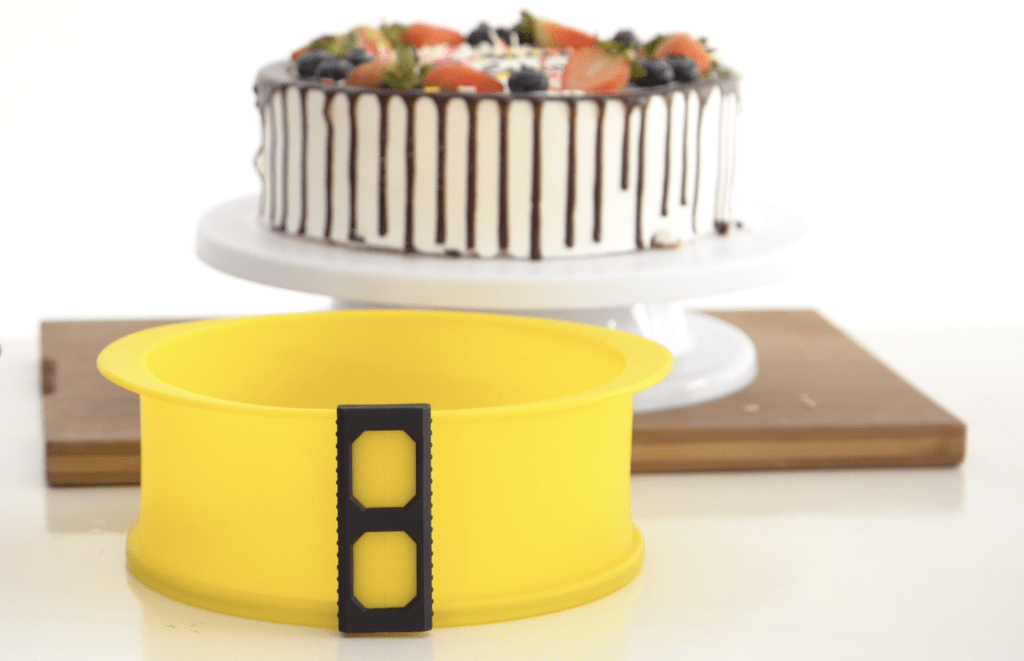
What is the healthiest cookware?
There are several options available to you when choosing cookware for your home. You’ll want to decide which cookware best suits your needs and keep in mind the risks associated with different types of cookware. When selecting the best cookware for your home, there are several options. Your needs will dictate which cookware is the right one for you, and different types of cookware come with different risks.
Silicone
When used, silicone cake pans may at times hamper leavening, so it is advisable to grease and flour them. Nevertheless, silicone pans are flexible and comparably nonstick, so cakes typically release readily from the pan. Silicone is also a heat insulator, which appears to hinder leavening. In my experiments, flour was on a slower rise, leading to cakes that were not as high. The result was a denser, more compact crumb. There were rich pound and chocolate cake batters, which took longer to bake than the recipes specified, and with some pans, the cakes were almost burned on the outside by the time the interiors were done.
Due to the flexibility of silicone, it can be challenging to maintain even pressure on the pan as you bake. For this reason, denser batters can cause the pans to bulge because they cannot distribute the mass around the pan.
Cakes release cleanly and efficiently from these pans, and they look great! The pans are flexible, light, and easy to clean.
FAQs
We answered a couple of frequently asked questions about rust preventative methods below.
What does baking soda do for rust prevention?
Baking soda has a powerful chemical reaction with iron and other water minerals to form an insoluble compound. This helps with rust prevention from forming on metal surface rust. Baking soda is a substance that can be used to help prevent rust from forming on metal surfaces and, as such, help keep them looking shiny.
An abrasive effect is caused by the salt or baking soda on the rust, and the rust converter will eventually dissolve and be removed when enough of the salt/baking soda mixture is present.
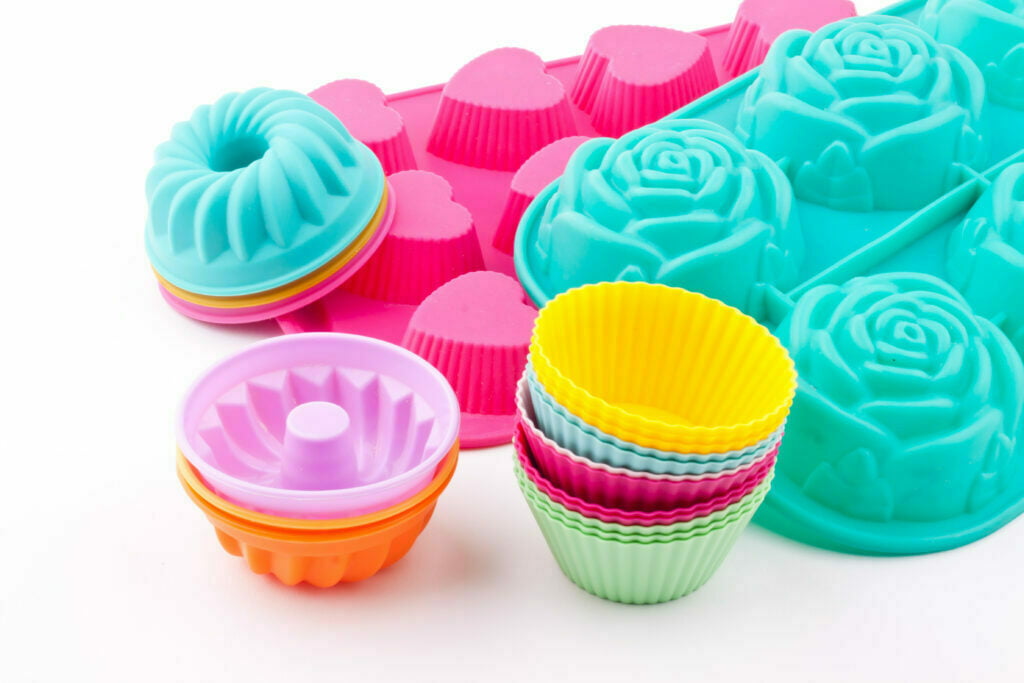
When should you throw out baking pans?
Pans should be replaced about every five years. Check them often to see signs of damage. Replace them when they show signs of being warped, discoloured, or scratched.
What happens if you accidentally eat rust?
According to the U.S. Environmental Protection Agency (EPA), ingesting rust in small amounts will not harm your health unless you have a rare disease called hemochromatosis.



